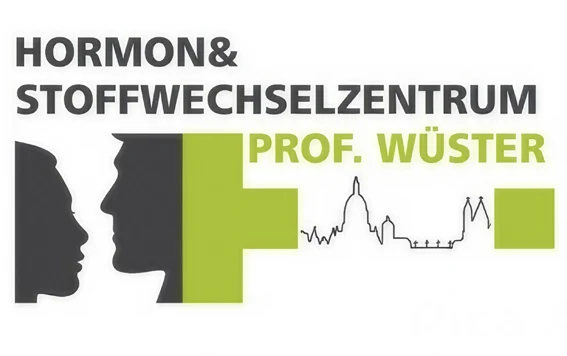Endocrinologist in Mainz/Wiesbaden about goiter/thyroid
Metabolism disorder: An enlarged thyroid can often be felt
The thyroid gland plays a central role in metabolism. It produces the hormones triiodothyronine and thyroxine as well as calcitonin. The hormone TSH (thyrotropin) regulates the release of triiodothyronine and thyroxine. If the hormone production of the thyroid gland is disrupted, this has an effect on the entire organism. If not enough triiodothyronine and thyroxine are produced, this leads to hypothyroidism. Symptoms include weight gain, frequent chills, listlessness and tiredness. If too many thyroid hormones are produced, this can result in weight loss, frequent sweating and nervousness.
An enlarged thyroid gland forms a goitre, also known as a goitre
An enlarged thyroid gland, also known as a goitre, can be accompanied by both hyperthyroidism and hypothyroidism. The causes are iodine deficiency or genetics. The enlarged thyroid gland can be palpated. The goitre is examined with the help of so-called scintigraphy. This involves administering a radioactive medication that allows conclusions to be drawn about the areas of the thyroid gland.
Active areas of the thyroid gland are referred to as ‘hot nodules’. Areas that are less active are called ‘cold nodules’. In rare cases, these cold nodules could be an indication of thyroid cancer.
Autoimmune diseases such as Hashimoto’s can affect the thyroid gland – Graves’ disease
Autoimmune diseases such as Hashimoto’s thyroiditis have an impact on the function of the thyroid gland. Chronic inflammation can be the result. Graves’ disease is often accompanied by hyperthyroidism and eye symptoms. Common symptoms of Graves’ disease are sweating, trembling and weight loss. These are reactions that are typical of hyperthyroidism. If the endocrinologist diagnoses an iodine deficiency, it must be consumed in sufficient quantities with food.
Note: This article contains general information only and should not be used for self-diagnosis or self-treatment. Under no circumstances can this article replace a visit to the doctor.
Picture: © Andrey Popov/Fotolia

